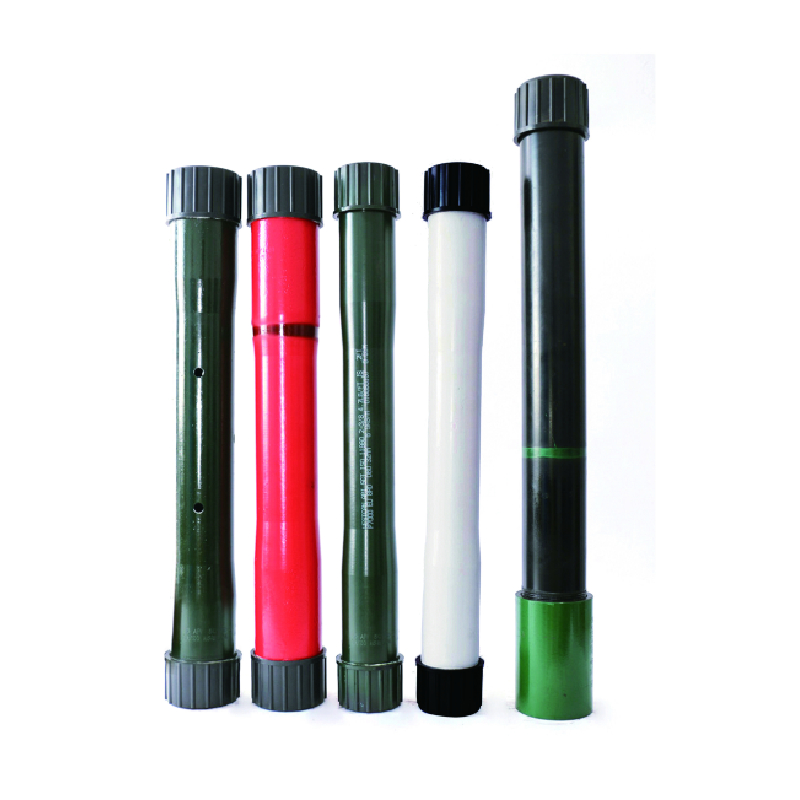- Afrikaans
- Albanian
- Amharic
- Arabic
- Armenian
- Azerbaijani
- Basque
- Belarusian
- Bengali
- Bosnian
- Bulgarian
- Catalan
- Cebuano
- Corsican
- Croatian
- Czech
- Danish
- Dutch
- English
- Esperanto
- Estonian
- Finnish
- French
- Frisian
- Galician
- Georgian
- German
- Greek
- Gujarati
- Haitian Creole
- hausa
- hawaiian
- Hebrew
- Hindi
- Miao
- Hungarian
- Icelandic
- igbo
- Indonesian
- irish
- Italian
- Japanese
- Javanese
- Kannada
- kazakh
- Khmer
- Rwandese
- Korean
- Kurdish
- Kyrgyz
- Lao
- Latin
- Latvian
- Lithuanian
- Luxembourgish
- Macedonian
- Malgashi
- Malay
- Malayalam
- Maltese
- Maori
- Marathi
- Mongolian
- Myanmar
- Nepali
- Norwegian
- Norwegian
- Occitan
- Pashto
- Persian
- Polish
- Portuguese
- Punjabi
- Romanian
- Russian
- Samoan
- Scottish Gaelic
- Serbian
- Sesotho
- Shona
- Sindhi
- Sinhala
- Slovak
- Slovenian
- Somali
- Spanish
- Sundanese
- Swahili
- Swedish
- Tagalog
- Tajik
- Tamil
- Tatar
- Telugu
- Thai
- Turkish
- Turkmen
- Ukrainian
- Urdu
- Uighur
- Uzbek
- Vietnamese
- Welsh
- Bantu
- Yiddish
- Yoruba
- Zulu
bull plug definition
Understanding Bull Plug Definition and Applications
The term bull plug is not widely recognized in standard vocabulary, but it carries significant meaning in specific contexts, particularly in industries such as plumbing and construction. In general terms, a bull plug is a type of fitting used in piping systems to seal off the end of a pipe or a valve. The design of a bull plug is typically cylindrical, resembling a traditional plug, but it's usually characterized by its wider end, which allows for a more secure and robust closure.
Construction and Design
Bull plugs are often made from materials such as brass, stainless steel, or plastic, which confer various properties such as durability, resistance to corrosion, and flexibility in different environmental conditions. The wider end of the bull plug helps it to fit snugly within the pipe, preventing leaks and ensuring a tight seal. This is particularly important in plumbing applications where maintaining water pressure and preventing leakage are crucial for the efficient functioning of a system.
The specific design of a bull plug varies depending on its intended use. For instance, industrial applications often require more rugged designs to withstand higher pressures and temperatures. On the other hand, residential plumbing might utilize standard bull plugs that are easier to install and remove, providing convenience for homeowners and maintenance professionals alike.
Applications of Bull Plugs
The primary use of bull plugs is to seal the ends of pipes in various systems, effectively blocking the passage of fluids or gases
. This sealing function is essential in numerous applications, including1. Plumbing Systems In residential and commercial plumbing, bull plugs are used to cap off unused lines or to maintain systems temporarily during maintenance. This prevents the backflow of water and ensures that plumbing systems function correctly.
2. Hydraulic Systems In hydraulic applications, bull plugs provide a means of sealing off hydraulic lines to maintain pressure and prevent leaks. The robust nature of hydraulic systems necessitates reliable seals, making the bull plug an essential component.
bull plug definition

3. Automotive Applications In automotive engineering, bull plugs can be applied in exhaust systems and other tubing systems where a secure closure is necessary. This prevents unwanted gases from escaping and helps maintain overall vehicle efficiency.
4. Gas Lines and Valves In the gas industry, bull plugs are vital for capping off unused gas lines or valves. They ensure safety by preventing gas leaks, which could pose serious risks to health and safety.
5. Industrial Manufacturing Many manufacturing processes require the isolation of certain sections of piping for maintenance or modification. Bull plugs allow these sections to be securely sealed off, facilitating efficient workflow and ensuring safety.
6. Water Treatment Facilities In facilities that handle large volumes of water, bull plugs are used to control the flow within treatment systems, allowing for maintenance and operational changes without disrupting overall processes.
Advantages of Using Bull Plugs
One of the primary advantages of using bull plugs is their effectiveness in creating a seal that prevents leaks. This is particularly significant in applications involving fluids or gases that must be contained under pressure. Furthermore, the ease of installation and removal makes them user-friendly, allowing for quick adjustments or repairs without requiring extensive labor or specialized tools.
Additionally, the range of materials available for bull plugs ensures that they can be tailored to meet specific operational requirements. Whether in corrosive environments or high-pressure applications, there is likely a bull plug that will perform effectively.
Conclusion
In summary, bull plugs fulfill a critical role across various sectors by providing reliable sealing solutions for pipes and valves. Their construction, material options, and versatility make them indispensable in plumbing, hydraulic systems, automotive applications, and more. Understanding the definition and function of bull plugs can assist professionals across industries in making informed decisions regarding their use, thereby enhancing safety and efficiency in their respective fields. As ongoing innovations emerge, the applications and designs of bull plugs are likely to evolve, further increasing their importance in modern engineering and construction practices.
-
Well Casing Extension Couplings – Applications and InstallationNewsJun.06,2025
-
Types of Crossover Subs in Drilling & CompletionNewsJun.06,2025
-
Key Features of High-Quality Tubing Pup JointsNewsJun.06,2025
-
Installation and Maintenance Tips for Steel Couplings for PipeNewsJun.06,2025
-
How to Select the Right Pup Joint for Oil & Gas OperationsNewsJun.06,2025
-
Applications of Stainless Steel Pipe CouplingsNewsJun.06,2025







